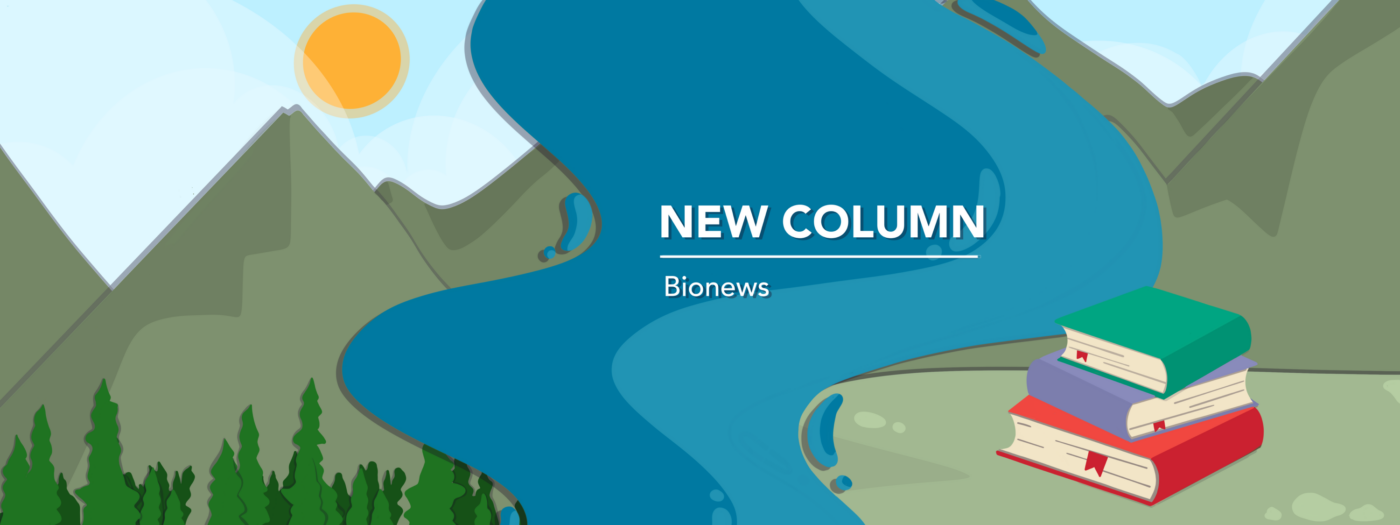Learning how to ask strangers for help benefits everyone
Practicing 'the ask' creates opportunities for me and others
Written by |

One of my favorite pastimes is cruising the sidewalks of our downtown area all by myself. I have a wheelchair-accessible van, but I need my friends to drive it, which means I rarely go anywhere in public alone.
There have been seasons in my adult life, though, when I’ve lived or worked downtown, and my wheelchair and I could easily get anywhere within 10 city blocks in every direction, as long as the pavement was smooth enough. Oh, the freedom, the thrill, the delight!
While, as someone with SMA, I absolutely believe in the importance of caregivers, I confess that my natural tendency is to think of myself as a strong, formidable, independent woman who wants to do it all without help.
Let me tell you, nothing kills that confidence buzz quicker than tangible barriers that remind me of my limits: dropping my phone, not being able to reach across the counter to pay for a coffee, sitting outside a closed door that I can’t open. Feeling embarrassed and ashamed of my weakness, in those moments all this “independent woman” wants to do is melt and disappear through the floor. I tell myself I’m helpless and all alone, completely disregarding the fact that I am in a public place surrounded by people!
Granted, they are strangers whose names and stories I might never know. They could ignore me or reject me or steal my stuff, I suppose. But I think my deeper fear is not about them, it’s about me: Will I appear weak? “You are in a power wheelchair, for goodness’ sake,” I chide myself. “Of course you already appear weak!”
It’s a bit harsh, I know, but nevertheless, it puts things in perspective. If I don’t ask for help, what is the alternative? Abandon my phone, cancel my coffee order, go home and never venture out again? My world would be suffocatingly small if I only ever trusted my mom or my best friend to open a door for me.
With a humiliated sigh, I swallow a chunk of my pride and timidly speak up: “Um, hey! Would you mind helping me out here, please? I dropped my phone and can’t reach it.”
Amazingly, a random passerby responds, “Oh, sure, no problem. Here ya go!” They hand me my phone and even follow up by asking, “You good? Need anything else?”
And that’s it — I’m back on track and my independent outing can continue. That wasn’t so painful, was it?
That person may not be a superhero or a knight in shining armor, but their positive response in that moment does increase my faith in humanity by a few degrees, and it makes it easier for me to ask for help the next time. I’m learning to be brave and practice more, to make eye contact with complete strangers and clearly declare my need with a smile and a tone that indicates my belief that, whoever they are, they’re a decent human being who might take pleasure in providing this very small service. (And 99 times out of 100, I’m right.)
It’s possible that our paths will never cross again, but maybe they’ll encounter another disabled person someday and be more aware and proactive about offering assistance. Maybe they become a little more considerate to others because they realize that a random act of kindness is not inconvenient or burdensome after all. This thought makes me smile, because I wonder if perhaps, through our fleeting interaction, I was able to help them, too.
It’s good to practice, you know. Practicing “the ask” might not make it perfect, but it does make it more natural and effective. Ironically, I’m finding out that if I’m willing to ask for help, people tend to admire me as more independent, not less, and they see me as stronger, not weaker. It makes me a better communicator and a more resourceful human. It opens up so many more opportunities for me to actively engage in my community in ways that have great potential to benefit not only me, but every person with whom I connect.
Who knew that asking for help could make the world a better place?
Note: SMA News Today is strictly a news and information website about the disease. It does not provide medical advice, diagnosis, or treatment. This content is not intended to be a substitute for professional medical advice, diagnosis, or treatment. Always seek the advice of your physician or other qualified health provider with any questions you may have regarding a medical condition. Never disregard professional medical advice or delay in seeking it because of something you have read on this website. The opinions expressed in this column are not those of SMA News Today or its parent company, Bionews, and are intended to spark discussion about issues pertaining to spinal muscular atrophy.




Leave a comment
Fill in the required fields to post. Your email address will not be published.